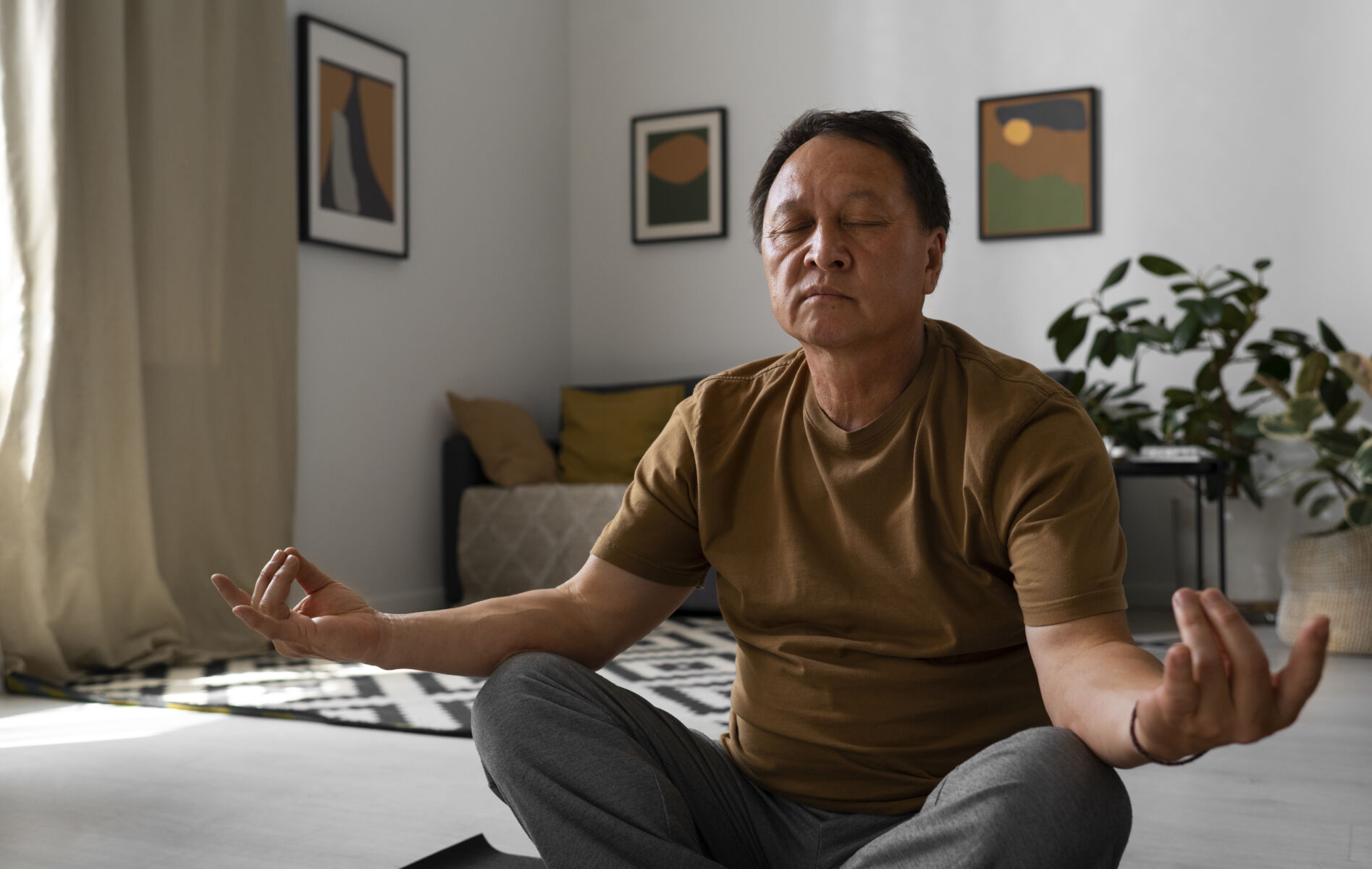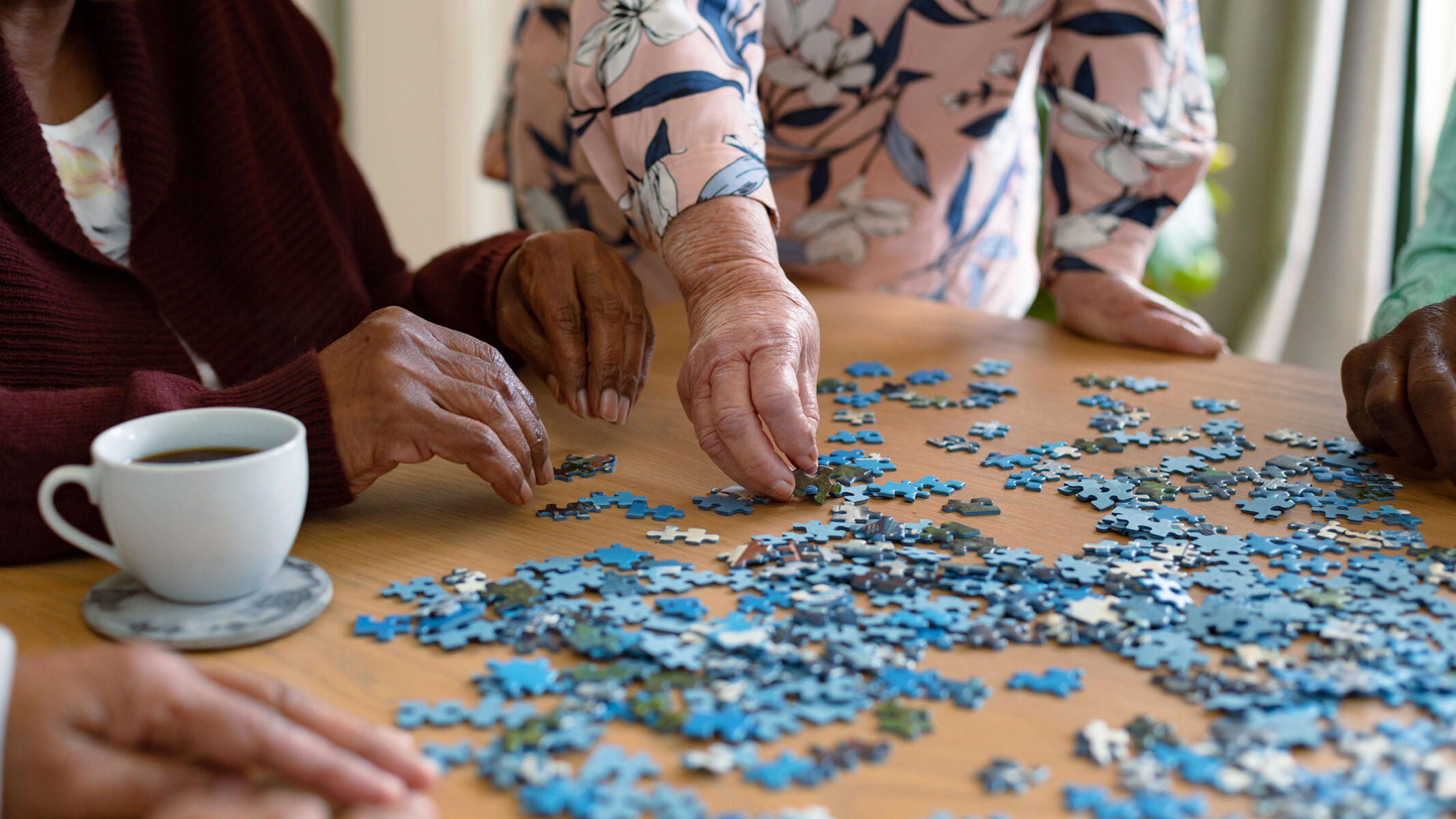Top tips on staying mentally healthy during retirement

Retirement signifies a profound shift in life, often approached with both anticipation and apprehension. It is a phase when the demands of a lifelong career diminish, affording opportunities for relaxation and personal endeavours. Nonetheless, this period of liberation can also pose challenges to one’s mental health, highlighting the importance of ensuring mental health during retirement for optimising these latter years.
Individuals may ponder how to enrich their days with activities that stimulate the mind and elevate mood. Given that mental health is equally important as physical health but frequently receives less emphasis, this consideration is paramount. Whether you have recently entered retirement or are in the process of planning for it, grasping how to support your mental well-being is crucial.
This article aims to guide practical and effective methods for maintaining mental health during retirement. By encouraging the adoption of new hobbies and fostering connections with others, we shall examine approaches to guarantee that retirement encompasses not only relaxation but also a rewarding experience. Together, let us navigate towards mental wellness, ensuring that the retirement years are as dynamic and gratifying as the preceding decades.
Embracing the new chapter: Adjusting to retirement
Understanding retirement’s impact on mental health
Retirement signifies a profound transformation that influences not only one’s daily activities but also mental well-being. Acknowledging this transition is essential for maintaining mental health during retirement, whether in Thailand or elsewhere. Individuals may experience a combination of relief and uncertainty, alongside excitement and apprehension. This period of adjustment can provoke feelings of loss, affecting one’s sense of purpose and social identity. It is vital to recognise these emotions rather than ignore them. Retirement represents not merely the end of professional engagements but a considerable life event necessitating adaptation.
Adapting to changes and overcoming challenges
Adapting to retirement extends beyond merely identifying methods to occupy one’s time. It involves a fundamental reevaluation of one’s sense of purpose and the quest for satisfaction beyond professional achievements. Begin this transformation by setting new goals, perhaps those previously deferred due to work commitments. Consider participating in hobbies, volunteer activities, or even part-time jobs that align with your interests and values. It is essential to preserve existing friendships and remain open to the formation of new relationships. Participation in clubs or groups aligned with one’s interests is recommended, whether it be a literary circle, a gardening society, or a language exchange group—this holds particular relevance for individuals retiring in Thailand.
Cultivating social connections in retirement

The importance of family and friends
Keeping in touch with family and friends is super important for feeling great during retirement. Chatting regularly can lift your spirits, give you some much-needed support, and help chase away those lonely vibes. If getting together in person is a bit of a stretch, no worries! Technology is here to save the day. You can easily stay connected through video calls, social media, and instant messages, making those miles between seem shorter. These connections are like a warm hug for your well-being, giving you that lovely sense of belonging we all cherish. Maintaining mental health during retirement is crucial, and these social connections play a vital role in achieving that balance.
Engaging in community and volunteering
Participation in local activities or volunteer work can markedly improve an individual’s mental health during retirement. It bestows upon participants a feeling of purpose, aids in the establishment of new relationships, and generates the gratifying experience of being appreciated. In Thailand, there exists a myriad of opportunities for community engagement – from becoming a member of clubs that cater to specific interests and partaking in local festivities to offering one’s time for causes that hold personal significance. Importantly, investing effort in these activities not only alleviates symptoms of depression and anxiety but also expands an individual’s social circle through engagements with varied demographics.
Exploring cultural immersion through Thai festivals
Participating in traditional Thai festivals offers retirees a unique opportunity to immerse themselves in local culture and traditions. Festivals like Songkran, with its vibrant water-splashing festivities marking Thai New Year, or Loy Krathong, where floating lanterns illuminate the night sky, provide retirees with enriching cultural experiences. Engaging in these events not only fosters a deeper connection with Thailand’s heritage but also allows retirees to form bonds within their communities, creating lasting memories and enhancing their retirement lifestyle with meaningful cultural encounters.
Finding purpose after work

Pursuing passions and hobbies
Retirement allows exploring interests and hobbies that might have been neglected during one’s professional life. Engaging in activities aligned with personal preferences can significantly improve mental health during retirement, promoting a sense of accomplishment and joy. It is recommended to revive past passions or initiate new ventures, for instance, painting, gardening, or photography. Participation in these activities not only enriches daily existence with fulfilment but also facilitates connections with others who have similar interests, thereby enhancing the retirement experience.
Lifelong learning and skill development
Embracing lifelong learning is like keeping your mind young and joyful during retirement. It’s all about sharpening your wit, exploring new worlds, and giving your confidence a lovely boost. With fun tools like Duolingo or cosy local classes, diving into a fresh language or hobby is easier than ever – it’s like turning curiosity into your superpower! Imagine swapping stories in a book club or soaking up fascinating talks on topics you adore; it’s not just food for thought but a fantastic way to meet friends. And if you find yourself in Thailand, oh, the adventures await! Whether it’s mastering the art of Thai cooking or delving into Buddhist philosophy, there’s so much out there to spark joy and keep that learning flame alive.
Staying physically active for mental wellbeing

Exercise as a keystone habit for health
Jumping into some fun activities after retiring isn’t just great for keeping in shape, but it also does wonders for your mental well-being. Starting a workout routine helps let loose those amazing endorphins in our brain, which are the little guys that boost our happiness and keep our emotions on an even keel. The friendly folks over at the US Centers for Disease Control and Prevention suggest aiming for at least 150 minutes of feel-good moderate-intensity aerobic activity every week. It’s a nice, clear goal to shoot for.
Outdoor activities and nature’s restorative effects
Venturing outside and engaging with nature not only yields physical advantages but also significantly contributes to mental health restoration during retirement. Natural environments, including parks, beaches, or mountains, provide tranquil settings that aid in stress reduction, blood pressure decrease, and improvement of mental clarity. In Thailand, retirement presents the opportunity to discover the nation’s vast natural resources—from serene beaches in Phuket to verdant mountains in Chiang Mai—each offering an ideal setting for participation in outdoor physical activities.
Prioritising self-care and mindfulness

Establishing daily routines for balance
Crafting a balanced daily routine is crucial for maintaining a joyful and sound mind. Think of it as putting a little framework around your day, which can help in keeping stress and anxiety at bay. Kick things off by nailing down consistent sleep and wake times to keep your internal clock running smoothly. Throwing some exercise into your morning or evening routine can seriously lift your spirits and energy levels too. Should you find yourself in Thailand, you are indeed fortunate, with numerous breathtaking locations awaiting discovery. Engaging in activities such as walking, yoga, or practising tai chi amidst the stunning landscapes offers significant benefits – it allows for physical invigoration while simultaneously providing an opportunity to appreciate the beauty of nature.
Exploring relaxation techniques and hobbies
Thailand’s tranquil surroundings provide an optimal setting for exploring relaxation techniques that significantly improve mental well-being. Mindfulness and meditation are efficacious practices aiding individuals in remaining focused on the present moment, thereby diminishing adverse emotions. One may participate in local meditation sessions or engage in solitary practice within the serene landscapes of Thailand. Engaging in mindfulness facilitates the recognition and acceptance of one’s emotions without criticism, promoting a state of inner peace.
Maintaining cognitive health

Mental stimulation through puzzles and reading
Keeping your mind sharp and sparkly during retirement is super important, and guess what? It can be a lot of fun too! Dive into puzzles like crosswords, Sudoku, or those tricky logic problems. They’re not just entertaining; they give your brain a good workout in critical thinking and problem-solving. Plus, they light up the parts of your brain that handle memory, focus, and logic – how cool is that? Now, let’s talk about reading. Whether it’s a thrilling novel, an insightful non-fiction book, or an interesting magazine article on topics you’ve never explored before – reading fires up your imagination, strengthens those brain connections, and even helps you learn new words. Mental health during retirement benefits greatly from these activities.
Brain-healthy diet and hydration tips
A brain-healthy diet is fundamental for maintaining cognitive health, especially during retirement. Incorporate foods rich in omega-3 fatty acids, antioxidants, and vitamins. Fish, particularly fatty ones like salmon and mackerel, nuts, blueberries, and leafy greens should be staples in your diet. These foods have been linked to improved brain function and a lower risk of cognitive decline. Moreover, hydration plays a crucial role in brain health. Dehydration can lead to confusion, irritability, and poor concentration. Aim for at least eight glasses of water daily and consider adding green tea for its antioxidant properties.
Navigating and preparing for potential hurdles

Retirement ushers in a new phase of life, presenting both opportunities and challenges. Preparing for potential hurdles is essential to staying mentally healthy during this transition. This section explores key areas to consider, ensuring a smooth adaptation to retirement life.
Addressing financial security and identity shift
Financial security is pivotal in retirement. A stable financial status ensures peace of mind, allowing you to enjoy retirement without undue stress. Start by assessing your savings, pensions, and investment income to ensure they align with your lifestyle expectations. If you’re retiring in Thailand, consider the cost of living and how it compares to your retirement income. Budgeting becomes your ally, helping you manage expenses and indulge in pleasures without financial strain.
Recognising and managing signs of depression
Retirement can be a vulnerable time for mental health, with some people experiencing signs of depression. Recognising these signs early is key. Symptoms can include persistent sadness, loss of interest in previously enjoyed activities, changes in appetite or sleep patterns, and withdrawal from social interactions.
Addressing mental health proactively is vital. Establish a routine that includes regular exercise, social activities, and hobbies. Engaging with the community, especially in a vibrant place like Thailand, can offer new friendships and cultural experiences that enrich your life. If symptoms of depression persist, seek professional help. Talking to a therapist or counsellor can provide support and strategies to manage your mental health.
Rural retirement often promises lower living costs and tranquil lifestyles, whereas city living offers better healthcare access and vibrant social scenes. Each setting presents distinct financial implications, healthcare availability, and lifestyle opportunities, choosing between rural and urban retirement as a matter of personal preference and priorities.

































